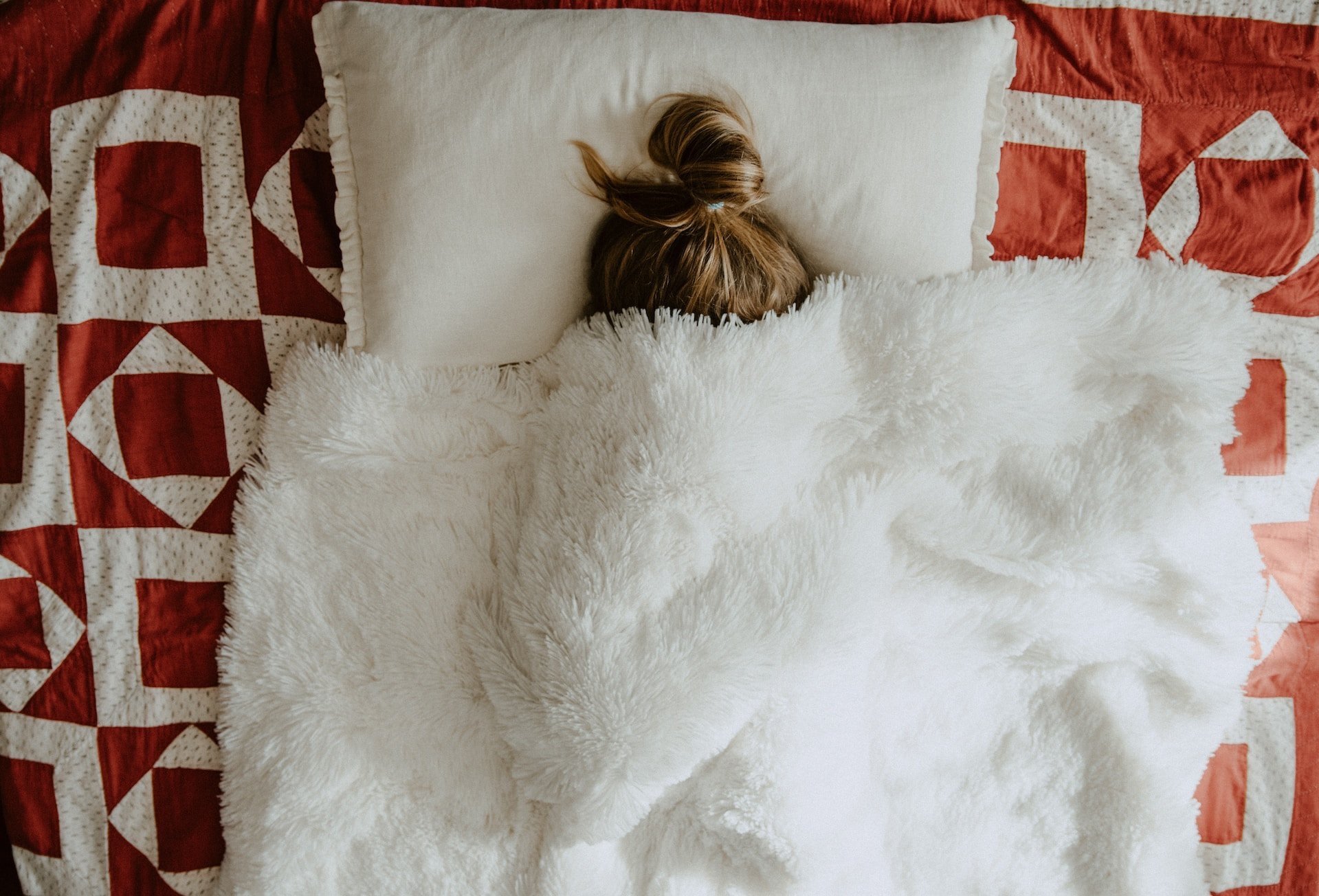When the words “orthopedic cupping” comes to mind, most probably immediately think of the circular redness which is a result of blood being pulled into the area, and lasts for up to a week. What is cupping? What’s therapeutic about it, and should you give it a go?
The history of cupping
Cupping has origins in ancient Egyptian, Chinese, African and Middle Eastern cultures, being described as one of the oldest treatment interventions. It’s mentioned as early as c. 1550 BCE in the Ebers Papyrus, an ancient Egyptian medical text. This medical text contains seven hundred magical folk remedies and cures for numerous afflictions.
Cupping began with animal horns being hollowed out and used as cupping devices, especially for treatment for snake bites and boils. Cupping evolved over time into new materials such as bamboo, glass, bronze, plastic and our personal favourite, silicone.
What does cupping do?
Cupping is a treatment that works to heal the myofascia, which is the dense, tough, multi-layered connective tissue that surrounds and covers all your muscles and bones. It’s full of pain receptors, so when your muscles, tendons or ligaments are injured and sore, your myofascia will let your brain know about it.
Cupping therapy can affect tissues up to four inches deep; affecting blood vessels, fascia, muscles and scar tissue. It differs from the compressive action of massage therapy and creates the opposite effect – cupping decompresses the area by lifting the skin and layers of tissue underneath the skin, and the fascia, pulling it up into the cup. This creates space, releases trigger points and knots, stretches the tissues, improves blood circulation and allows for lymphatic drainage of toxins.
During a cupping treatment you will feel warmth and a pulling sensation which is your skin, fascia and underlying muscles being lifted, stretched and pulled into the cup, also affecting the fascia running just beyond the cup.
Benefits of cupping
Aids recovery from injury
Reduces symptoms of chronic pain.
Reduces muscle tension and discomfort.
Releases adhesions (muscles bound together via scar tissue), knots/ trigger points.
Increased joint range of motion.
Increased circulation and lymphatic drainage or detoxification.
Cupping is used by athletes and people from all walks of life recovering from injuries, sore muscles, cramping, tightness and muscle fatigue. Cupping can reduce chronic pain, improves joint mobility and quality of life.
Receive Orthopedic Cupping at Remedial Massage Queenstown
Here at Remedial Massage Queenstown we like to combine the benefits of massage therapy and orthopedic cupping into a session to access different layers of tissues in the body, relieving pain, stress and body tension in a variety of ways. When you book your next massage try the “add orthopedic cupping” option and give it a go!







